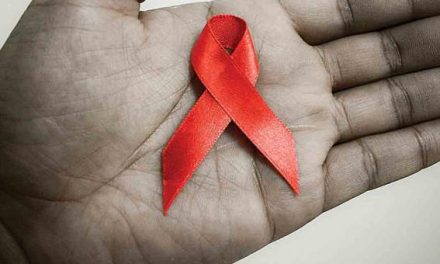
Response to the 45 children in the Omaheke Region who died of malnutrition

By Dr. Basilius Kasera
In response to the 45 children in the Omaheke Region who died of malnutrition, that was recently reported in the media. This is sad news and only indicates cruelty from our government.
A few weeks ago, a friend who is a social worker in Gobabis, told me that she had one of her clients, a male adult, admitted for malnutrition and was sharing the tip of the iceberg on the problem of poverty in the country.
Those 45 children, to date, have died of malnutrition-related conditions, indicating the government’s failure to ensure basic human rights and protect the most vulnerable of our society. It only demonstrates the depth of socio-economic inequality and lack of prioritising the interest of the less privileged, particularly children.
One potential answer to redress poverty and malnutrition is the universal Basic Income Grant (BIG). This is not a political statement, but one proven to guarantee households with the financial security to make objective choices. Among such choices is access to basic life, enhancing necessities such as food.
We cannot address child poverty through community soup kitchens, such care must be provided for the security of their family, in the home. This is possible when families are provided with steady incomes to provide their children with adequate nutrition.
These deaths indicate a failure to provide far-reaching social protection. The UN Convention on the Rights of the Child (UNCRC), to which Namibia is a signatory member, says every child has the right to decent standards of living. This is reaffirmed in Article 8 of the Constitution. But more often we continue to see the government’s failure to ensure the well-being and rights of children, in this case, especially protection from poverty and malnutrition.
This is why civil society organisations play a vital role in advocating radical policy changes. There is a need to pressure the government to prioritise the well-being of the poorest members of our society, so they can provide better care for their children. As it is, current government responses are nothing short of cruelty and evading responsibility to protect children. The government needs to implement policies and programmes that tackle poverty and malnutrition effectively.
The universal BIG is one such programme and must be accompanied by other social infrastructure that will ensure that the poor have access to essential services. Especially in the context of the current socio-economic conditions, the government must consider inflationary impacts on basic goods.
The poorest among us are paying a huge price as they cannot afford basic goods such as food. If we can pass so many bills in the last two weeks, we can also pass the bill for a universal BIG. Passing such a bill is a tangible manifestation of the government’s commitment to promoting human rights and ensuring that the well-being of children is also protected.













































